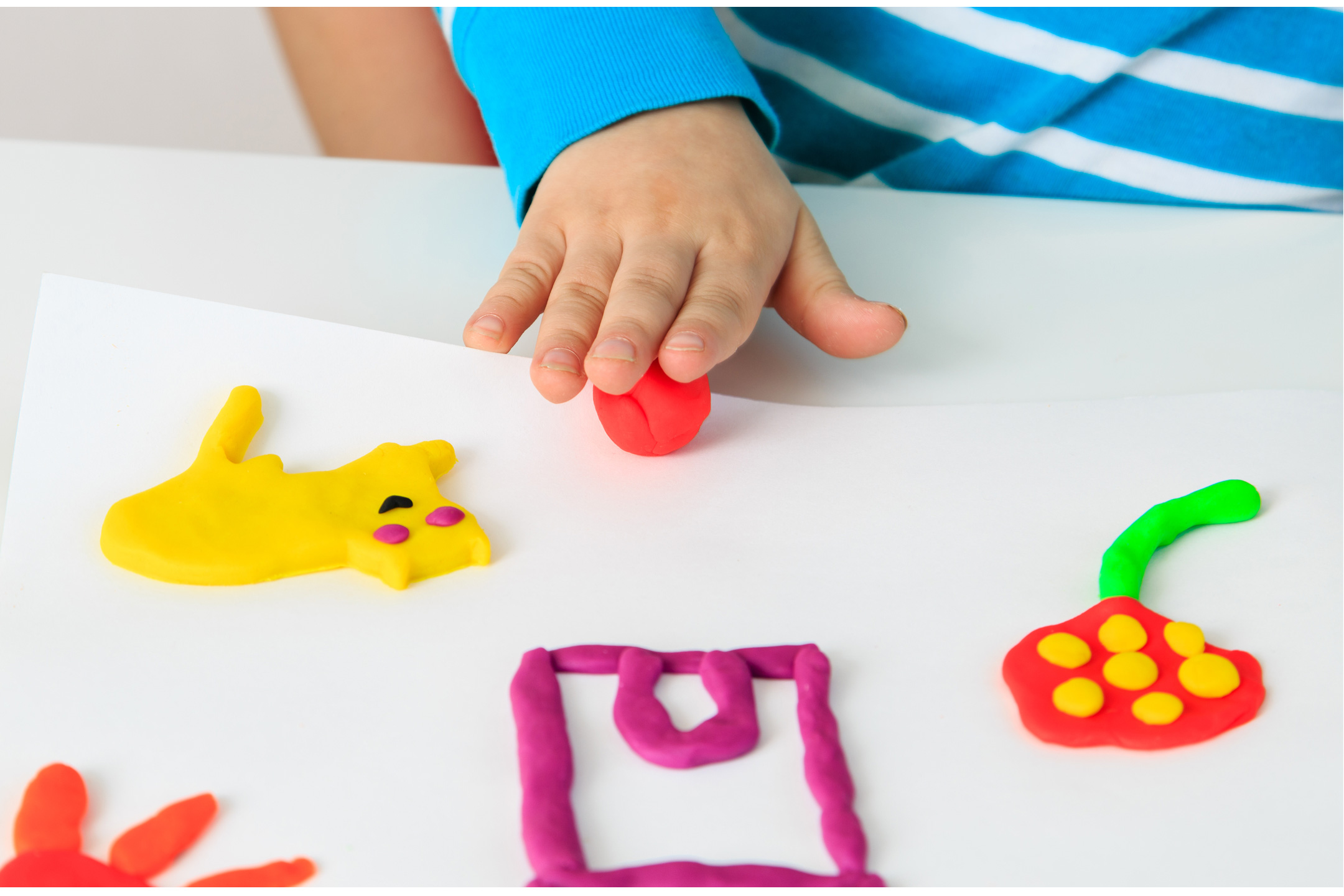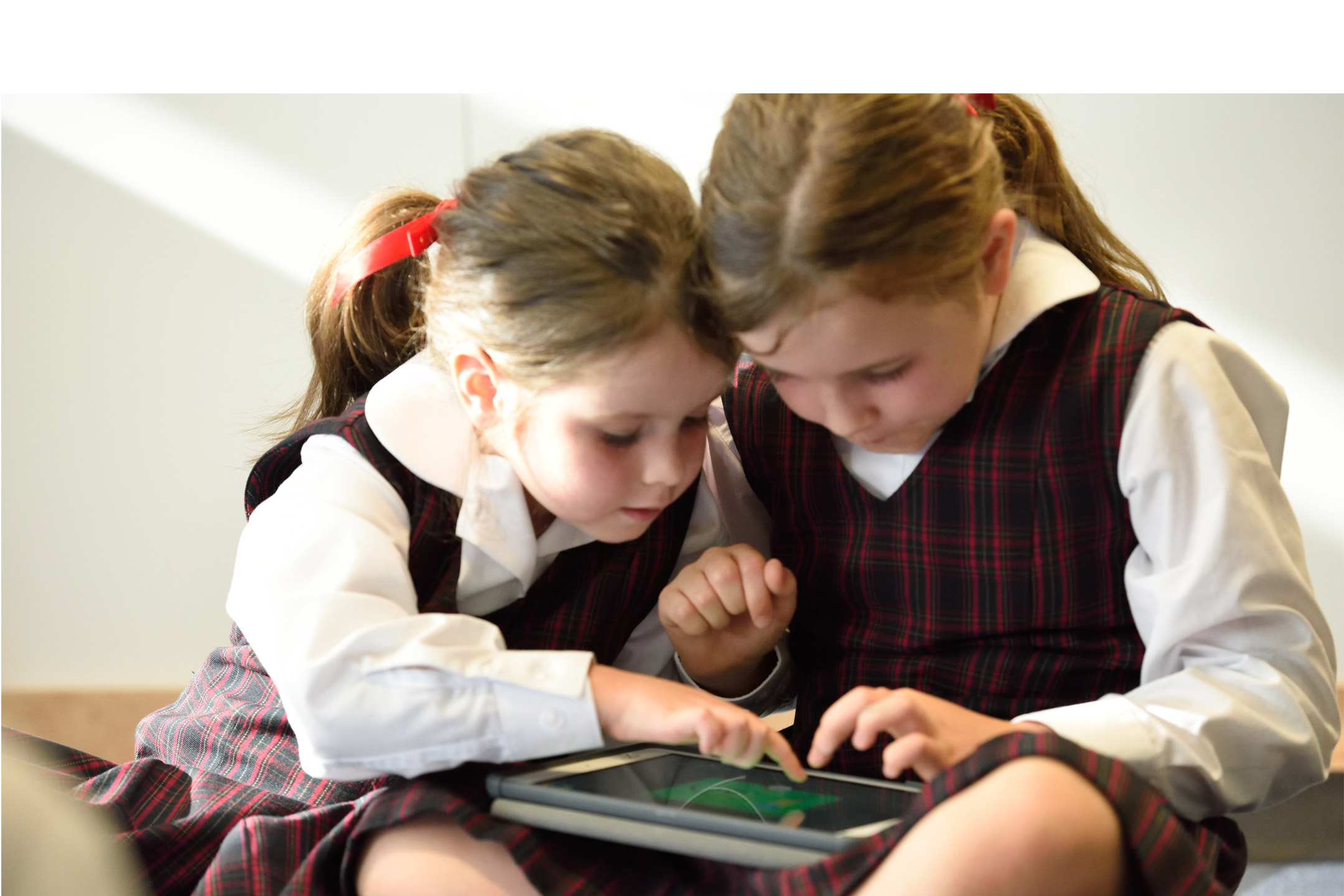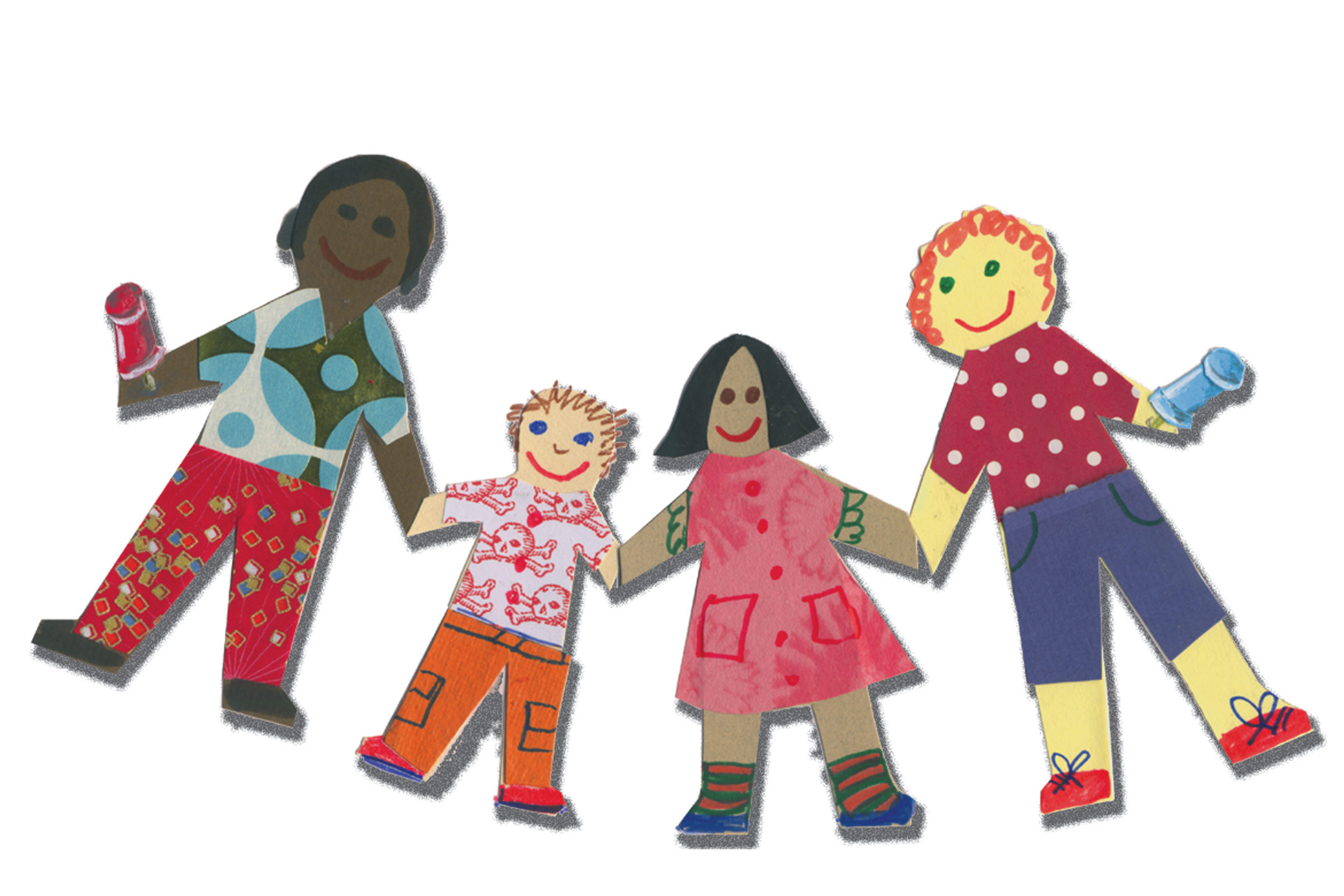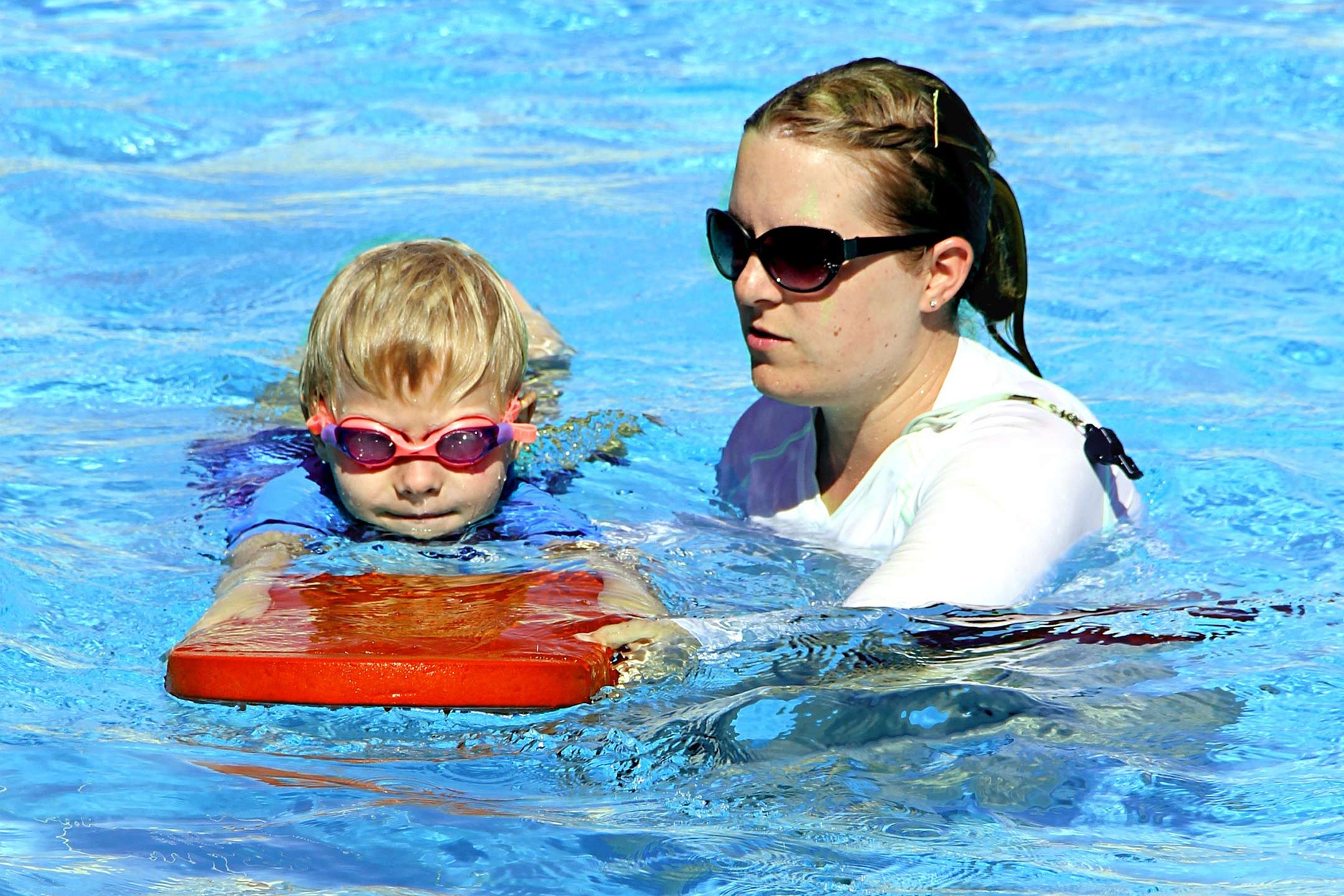Why more than 1 million Australians have no access to childcare in their area
Researcher Peter Hurley, reports that about 9 million Australians, 35% of the population, live in neighbourhoods classified as childcare deserts – populated areas where there are more than three children per childcare place. In the first research of its kind in Australia, the Mitchell Institute has...











